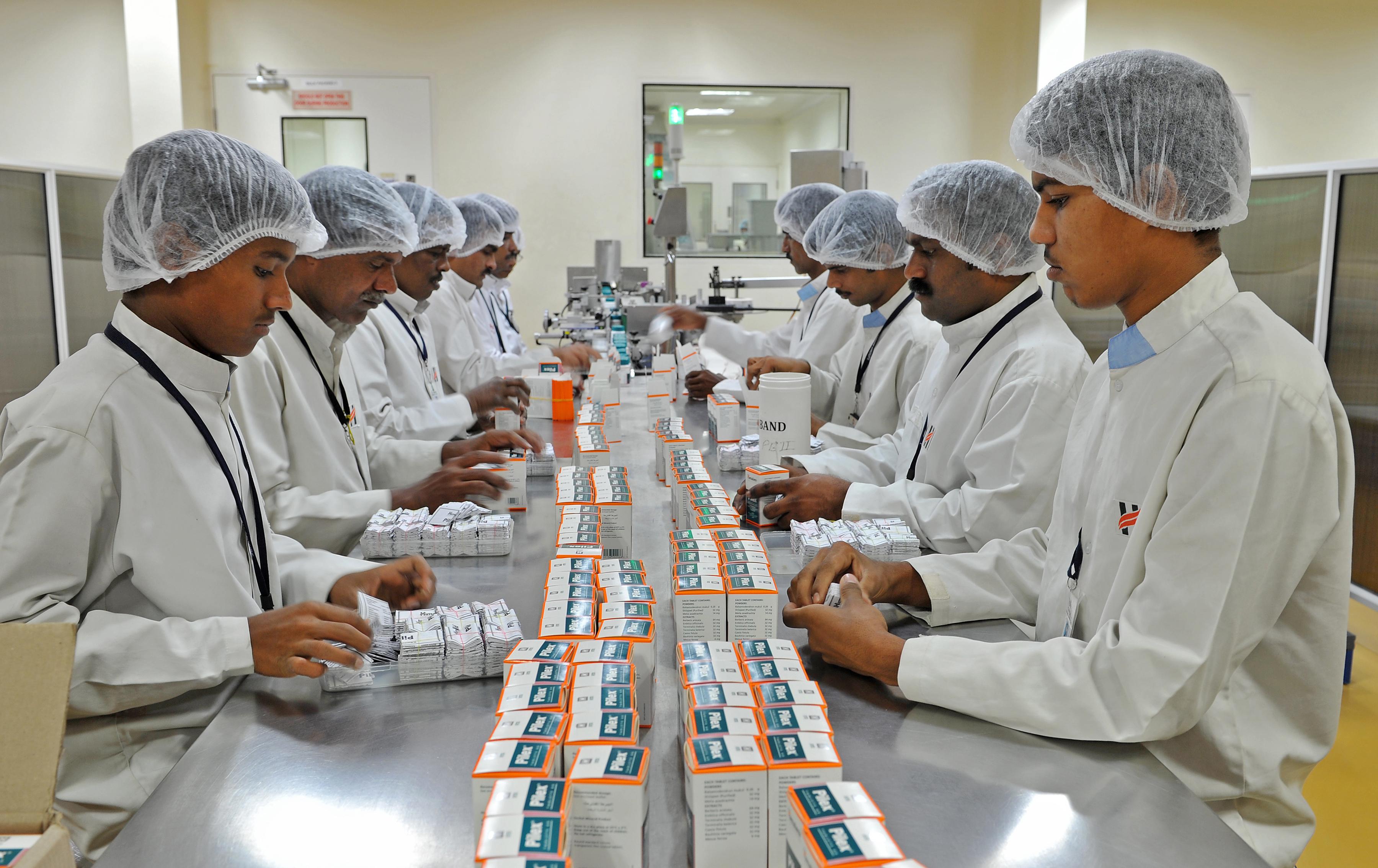Ezra Klein has a great feature piece about a very effective Medicare pilot program focused on having nurses conduct home visits with senior citizens. The program appears to deliver better health outcomes at lower costs than conventional Medicare, largely because a lot of health problems can be greatly and cheaply ameliorated by sort of bugging people to stick to treatment regimes rather than sporadically treating them when they’re critically ill.
So it’s incredibly promising, but there are questions about scaling (emphasis added):
This drives Coburn crazy. “People always ask if what we do is scalable. Well, define scalable. It’s less difficult than open-heart surgery, which is one of the most common surgeries in the country, and it’s more difficult than giving a vaccine. There’s this amazing double standard in medicine. For the kind of thing we do, if it’s more difficult than making a phone call once in awhile, then it’s not scalable. But you provide enough economic incentives and all of a sudden every hospital has an open-heart surgery program.”
Brenner puts it more vividly. “There is a bias in medicine against talking to people and for cutting, scanning and chopping into them. If this was a pill or or a machine with these results it would be front-page news in the Wall Street Journal. If we could get these results for your grandmother, you’d say, ‘Of course I want that.’ But then you’d say, what are the risks? Does she need to have chemotherapy? Does she need to be put in a scanner? Is it a surgery? And you’d say, no, you just have to have a nurse come visit her every week.”
I absolutely sympathize with Brenner’s point. As a society we really do fetishize technical innovations over organizational ones, and that’s true both inside and outside the health care context. But there’s actually a reason that we’d be more excited about a trial run of a pill that showed these results—we wouldn’t have the questions about scalability. We know, with absolute certainty, that we can manufacture pills in enormous quantities extremely cheaply. The price of pills has to do with patent protections, and the cost of pill development has to do with research and marketing. But if a pill works, we can get as many pills as we need, and we can do it fast.
Organizational innovations are in a lot of ways more important than technical innovations, but this is precisely the quality that they lack. Things that work great with relatively small groups of people won’t necessarily work if you try to massively increase the number of people involved. One obvious doubt I have about scaling up Health Quality Partners is the staff. Because HQP is a relatively small program that cuts against the grain of contemporary American medicine, it’s staffed by people who feel like they have something to prove rather than by people who are just doing what’s done.
